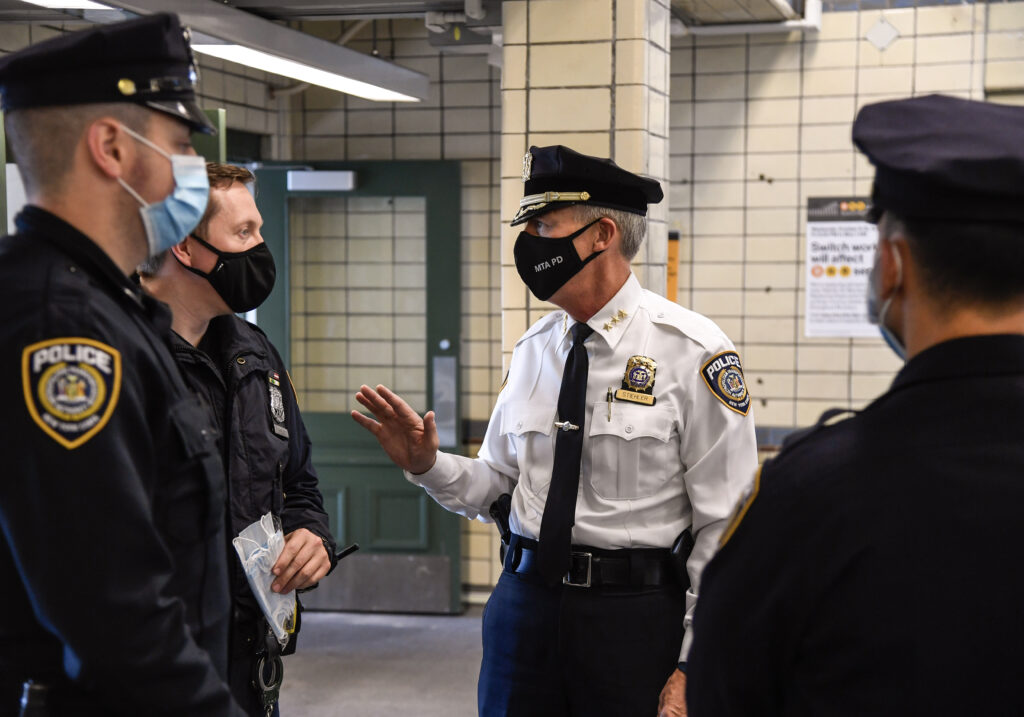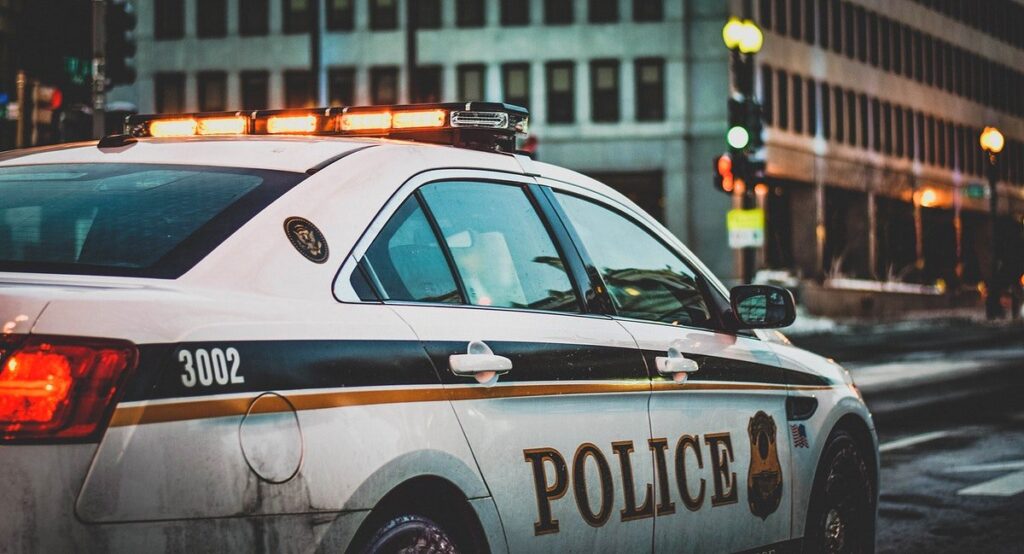
Police officers tremendously contribute to the social development and growth of the national economy by ensuring peace, public security, and property preservation. Assume a society without the services of police! It would be unsafe, and no one would care about advancing the nation. The United States has a shortage of qualified police applicants, which threatens citizens’ safety. According to a recent survey conducted by PERF, the hiring of new officers seemed to rebound in 2021 after falling sharply in 2020, but increases in resignations and retirements continued to put pressure on the overall staffing levels of officers. The number of police officers retiring exceeds those joining the workforce. Over the years, the policing profession has earned a negative reputation that discourages people from applying for the job.
Why is there a shortage of police officers in the US
The work of a police officer entails negative encounters that do not always go as planned. Unfortunately, when things go dramatically wrong, and it is captured on video, the encounter goes viral. This depicts police officers as incompetent and reckless in their work. Although this is not entirely true, social media escalates the issue, and many people are convinced. Attorneys yearn for a cop to make a slight mistake to take a case against them to destroy the cop who never had harmful intentions (McNeff, 2020). Police officers have no space to make errors without being bombarded with criticism and judgment from every direction. This discourages applicants from submitting to such circumstances. Most people fail to remember that cops are human too, and they are bound to make errors sometimes. Instead of being too quick to pass judgment and destroy a police officer, people should try to view their side of the story.




According to McNeff (2020), in the past, parents in law enforcement departments would encourage their sons and daughters to follow in their footprints, but this is no longer the case, as most police professionals direct their children toward other career opportunities. Parents are often role models to their kids, and if a parent is in the police force, their kid is likely to become a great officer as well. According to Lehman (2020), police departments get fewer recruits from traditional sources, such as family ties and the military. Working in law enforcement has been a family thing for the longest time, passed from generation to generation. But this culture has come to an abrupt halt as parents in law enforcement no longer wish their offspring to continue their legacy, and this has contributed to the reduction in qualified police applicants.

The lifestyle of being a cop has also encouraged the shortage of people to apply for the job. The law enforcement profession is not an 8-5 job with weekends off, making it difficult for many people (Ali, 2017). Most youths want flexible jobs with a balance between work and social life. This is a luxury officers lack as they work at night and during holidays. And to make it worse, police officers’ work has become a thankless job. Despite working all week and year round, people do not appreciate cops. At least if the efforts of police officers were acknowledged by society, they would be motivated to keep up. The lack of motivation from society contributes to the decision of a police officer to quit working in law enforcement. The psychological toll of policing is another rising factor pushing away qualified police applicants (Lehman, 2020). Police officers are vulnerable to job-related stress and PTSD, which has led to a significant increase in cases of suicide. The salary of most police officers barely sustains their needs; adding this to work-related stress, most officers succumb to the pressure and end up having a breakdown. People are avoiding police work to safeguard their psychological well-being.
If the current shortage of police applicants continues, the higher the crime rate will be. People will also have to wait for long whenever they call for the police because the few available officers will be covering a vast marginal area. As a result, it is high time Police Departments act to attract more qualified candidates. One thing that the police department can do to attract applicants is to improve compensation and other benefits. The police department should conduct surveys and interview officers about job satisfaction to understand their prospects and financial needs (Wilson et al., 2010). Salaries are a crucial determinant of which profession millennials decide to apply for. Low compensations discourage most applicants from entering careers in law enforcement. Although administrators of the police departments cannot immediately increase their officers’ salaries, they must be familiar with market conditions and how their departments compare with other agencies. Police administrators should emphasize the intrinsic value of police work and stress the public service aspect of the occupation and how their agency provides that specific service (Langham, 2017). This will likely attract qualified applicants who look beyond salaries and hope to serve the public and improve societies. The financial incentives can also help attract more applicants. This is a preferred technique because it attracts applicants at a low cost compared to raising entry-level salaries.
The law enforcement image has been tarnished by the negative headlines dominant in today’s media. The frequent publication of scandals has become a representative of some departments, which flaws the whole law enforcement community (Langham, 2017). The police department can right this by identifying and firing those officers with a demonstrated high-liability track record. The police department should build a partnership with the media outlets and use the opportunity to show transparency of the operations and publicize good deeds.
Need a custom essay on why is there a shortage of police officers in America? Use our cheap assignment helper service for quality work!
In conclusion, people should not forget the excellent work that police officers do. Although there might be a few incidences of misconduct, this does not mean that the entire law enforcement community is terrible. It is upon the police departments to clean the reputation of the law enforcement profession by setting a good example of punishing reckless officers. The agency also has to make the profession lucrative by publicizing how it improves the public’s livelihood.
References
Ali, S. S. (2017, March 18). Why it may be increasingly hard to find police officers. NBC News. https://www.nbcnews.com/news/us-news/police-shortage-hits-cities-small-towns-across-country-n734721
Langham, B. (2017, May 24). Millennials and improving recruitment in law enforcement. Police Chief Magazine. https://www.policechiefmagazine.org/millennials-and-improving-recruitment/
Lehman, C. F. (2020, February 5). America’s quiet policing crisis. City Journal. https://www.city-journal.org/police-recruitment-crisis
McNeff, J. (2020, January 3). Staffing shortages a nationwide trend among police agencies. Law Officer. https://www.lawofficer.com/staffing-shortages-a-nationwide-trend-among-police-agencies/
Wilson, J. M., Dalton, E., Scheer, C., & Grammich, C. A. (2010). Police recruitment and retention for the new millennium: The state of knowledge. Rand Corporation.